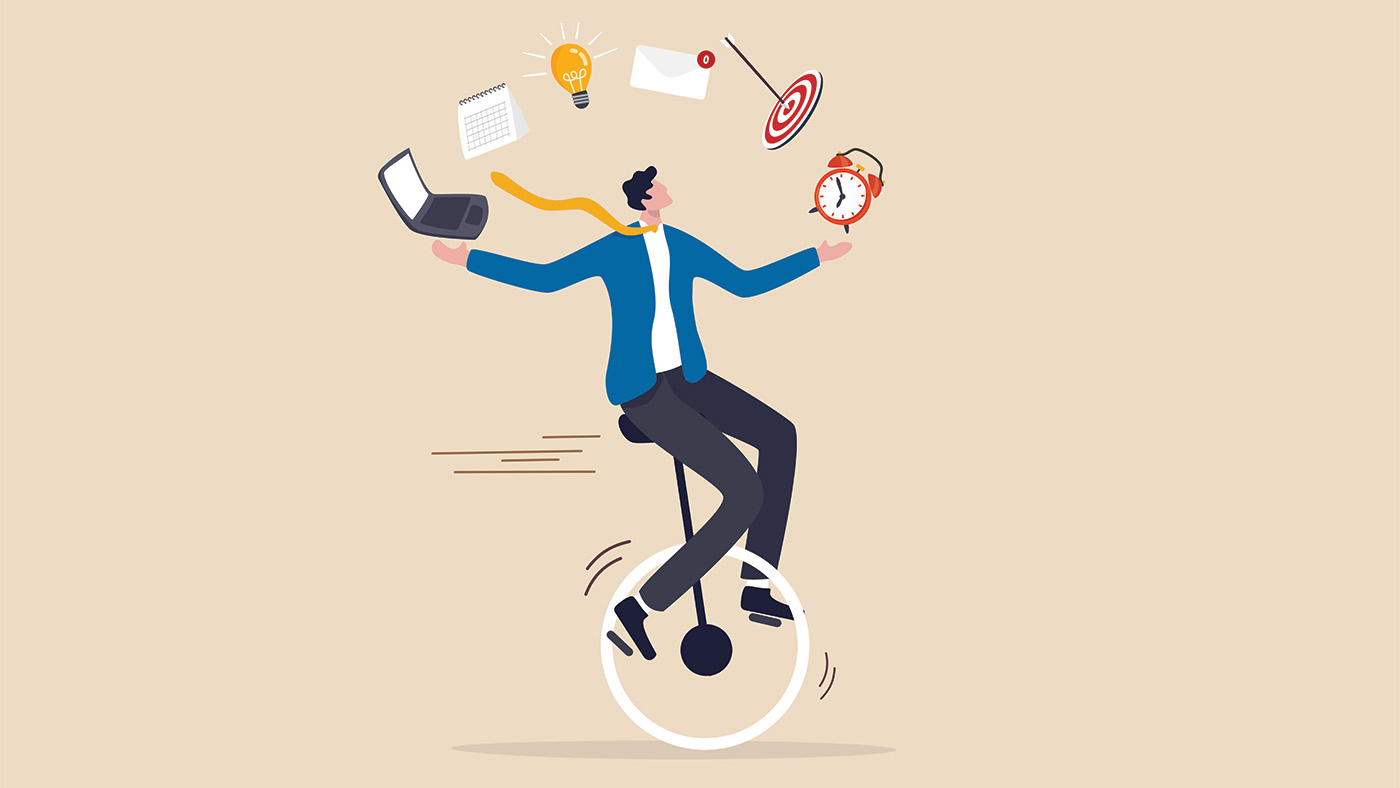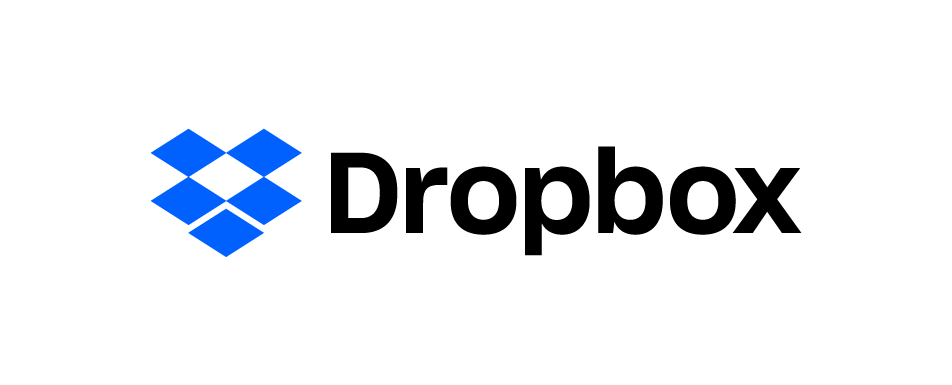Artificial Intelligence Instead of Another Meeting
Andy Wilson from Dropbox explores how AI is streamlining collaboration and enabling New Work by reducing inefficiencies and freeing teams to focus on what truly matters.
How AI is breaking down collaboration silos and elevating teamwork
309 hours per year. That’s how much time knowledge workers lose on average to unproductive meetings and inefficient communication. In today’s predominantly hybrid work environment, a paradox has emerged: the more we collaborate, the less productive we often become. And the consequences are tangible. Time spent searching for information or locating the right stakeholder equates to missed opportunities – directly impacting both productivity and profitability. In light of this challenge, artificial intelligence offers a compelling solution.
This shift reflects the principles of New Work, where autonomy, meaningful work, and smart use of technology are central to creating an inclusive, human-centered workplace that values diverse perspectives and working styles.
Collaboration – but not at any cost
When the very tools designed to facilitate collaboration become as burdensome as the administrative tasks they aim to streamline, the situation becomes counterproductive. Endless searches for documents, juggling multiple apps, managing an overflowing inbox – these are just some of the friction points that hinder effective information management, reinforce organisational silos, and undermine communication. The result? Delayed decisions, stalled projects, and prolonged time to market.
Collaboration should, in principle, be a catalyst for innovation, cultural cohesion, and team engagement. Yet according to a Stepstone survey, employees in Germany spend more than a full working day each week on inefficient activities – such as unnecessary meetings, locating files, or repeating routine tasks – at the expense of real value creation. So how can we streamline knowledge flows and reclaim time for the work that truly matters?
AI: The cure for collaborative chaos
Paradoxically, the solution lies in adopting newer, smarter tools. In recent years, knowledge workers have increasingly turned to AI-powered solutions to search for, organize, and share information – or to automate repetitive tasks that cause bottlenecks.
A recent EY study reveals that the adoption of generative AI rose from 22% in 2023 to 75% in 2024, with over half of respondents reporting positive effects on their productivity and their ability to focus on high-value work. By eliminating friction points – such as scheduling meetings, tracking projects, highlighting key notes, retrieving past insights, or translating content – AI frees up valuable time for creative and strategic tasks. And it couldn't come at a better moment: in a workplace increasingly overwhelmed by repetition, AI excels at bringing simplicity and clarity where they are most needed.
Amplifying collective intelligence with AI
There are already proven solutions that make everyday life easier for knowledge workers: universal searches to quickly find important files, tools that optimize agendas with AI, or even create transcriptions and summaries in real time. For knowledge workers, sharing some of these manual tasks with AI has the potential to be a game changer for collaborative work, especially as knowledge workers find themselves working with more and more teams both inside their organization and beyond. The data speaks volumes: AI gives employees back an average of 105 minutes per day – time that can be reinvested in more meaningful, forward-looking work. The question is no longer whether to implement these tools, but how to maximise their impact. What are the right use cases? What’s the return on investment?
AI, which currently focuses on structuring and processing information, is evolving into a true assistant – one that can shape projects, assign tasks, and streamline collaboration. The trick, as ever, will be figuring out how to wield these AI tools best. The next step for AI in the workplace is collective intelligence. Right now, people are primarily using AI for things like processing and organizing information. But soon, AI tools could act more like digital coaches, facilitating collaboration by breaking down projects and assigning tasks based on people’s interests and abilities. Some business leaders are already anticipating things will move in this direction. In a Korn Ferry survey of 200 executives, one-third said they expected their teams to foster better collaboration in the very near future with AI’s help.
Conclusion
AI is becoming a core enabler of New Work by reducing administrative burden, enhancing flexibility, and allowing decentralized teams to collaborate more equitably while focusing on tasks that truly align with their unique strengths and values.
In a world where collaboration has become a key driver of performance, AI represents a cornerstone of successful transformation. By freeing up time and optimizing workflows, it enables teams to focus on strategic initiatives while fostering both innovation and wellbeing. The challenge is clear: in order to thrive in a competitive environment, we must stop working harder and start working smarter – fully embracing the potential of technology.
Andy Wilson is Senior Director of New Product Solutions at Dropbox. With more than 18 years' experience in interactive television services, broadcast innovation, product management, and digital rights for the BBC, and having led the Digital Production Partnership initiative, Andy joined Dropbox in 2018. He works closely with organizations on a daily basis to extract as much value as possible from Dropbox's technology and products.
Please note: The opinions expressed in Industry Insights published by dotmagazine are the author’s own and do not reflect the view of the publisher, eco – Association of the Internet Industry.




